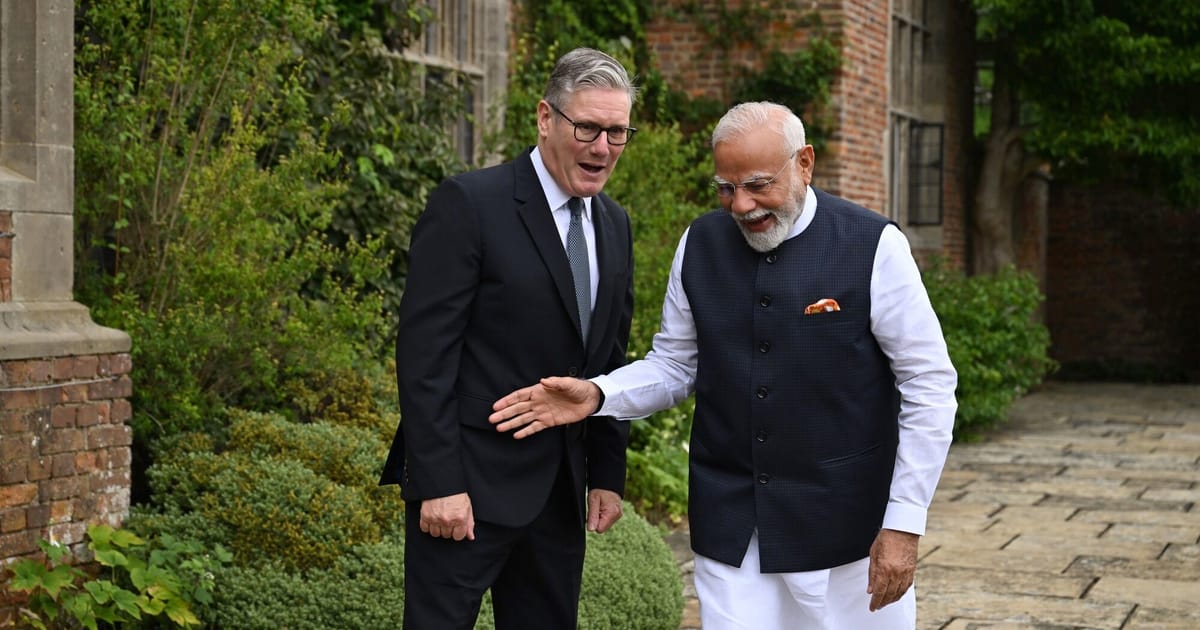

On the international stage, trade dynamics continue to evolve amid shifting political and economic landscapes. Recent developments highlight the growing significance of strategic partnerships and the challenges posed by global trade policies. With an engaging blend of diplomacy and strategy, nations are navigating the complex web of international trade relations.
One of the most notable recent achievements is the United Kingdom’s landmark trade agreement with India, a deal that promises substantial benefits for both nations. The UK has been keen to secure significant trade partnerships post-Brexit, and this agreement marks a vital milestone. The sectors poised to gain the most include Britain’s automotive and whiskey industries, alongside Indian beneficiaries such as those gaining new visa concessions. This agreement not only enhances economic ties but also cements a long-term partnership between the two countries, bringing new opportunities for growth and collaboration.
In parallel, the European Union faces its own set of challenges as it addresses trade imbalances with China. European Commission President Ursula von der Leyen recently emphasized the need for balanced trade dynamics, reiterating the EU’s stand on maintaining open markets only if reciprocal trade conditions improve. This stance underscores the EU’s commitment to fostering fair trade practices while mitigating potential economic vulnerabilities. As negotiations progress, the EU remains poised to seek solutions that uphold its economic interests without forfeiting its open market policies.
Meanwhile, attention also turns to Australia’s approach to international trade and security, with former Prime Minister Scott Morrison cautioning about the diplomatic strategies employed by China. During his address to the US Congress, Morrison suggested that China’s current diplomatic charm might lull Western democracies into a false sense of security, urging a more vigilant stance. His commentary underscores ongoing concerns about geopolitical strategies that could shift power balances globally.
In a related context, Australia’s trade minister, Don Farrell, has voiced caution regarding the potential long-term impacts of aggressive trade policies, such as those proposed during Donald Trump’s administration. In an upcoming speech at the Lowy Institute, Farrell highlights the potential generational consequences for Australia if a protectionist trade environment prevails. His remarks come as Australia navigates an increasingly complex international economic scene, evaluating both domestic interests and global economic alliances.
Collectively, these developments underscore a transformative period in global trade relations. As countries strive to secure their economic growth, the interplay between traditional alliances and emerging partnerships reflects a dynamic tapestry of opportunities and challenges. These ongoing discussions and agreements subtly shape the future, offering a glimpse into a cooperative, yet competitive, global trade environment.
In summary, these events reveal a world actively engaging in dialogue and negotiation, committed to building resilient economies through strategic partnerships and balanced trade practices. With careful navigation, these interactions hold the potential to foster economic prosperity and maintain geopolitical harmony, affirming the importance of diplomacy and strategic foresight in the global arena.
Source: {link}
